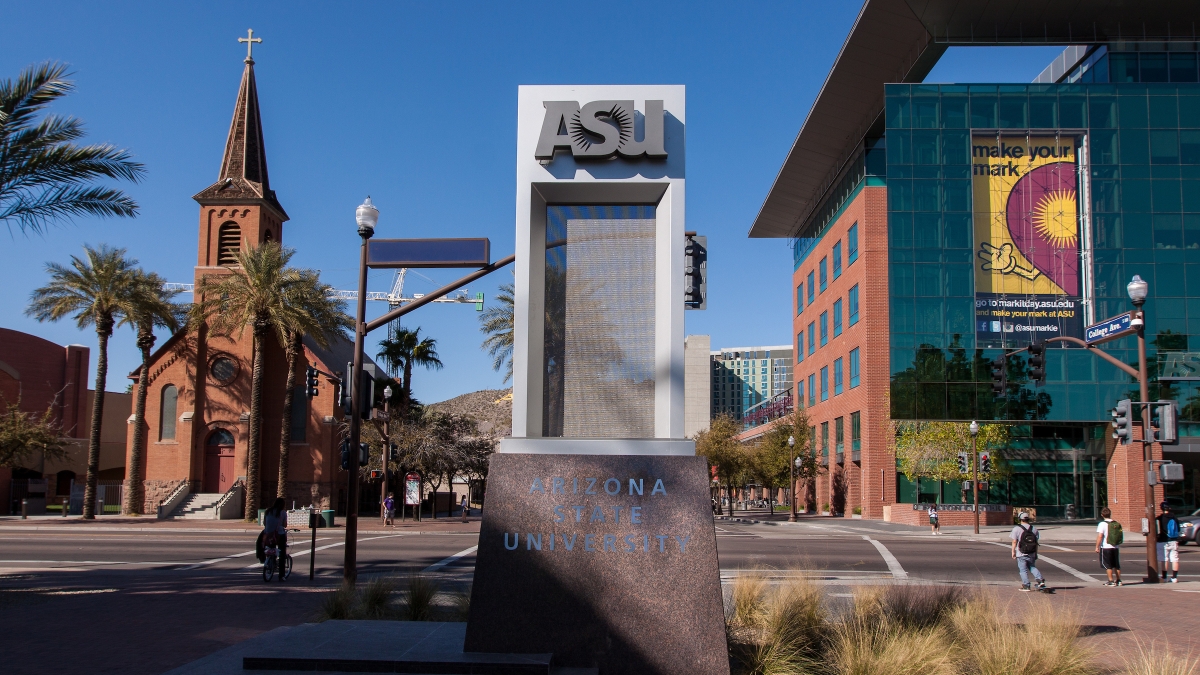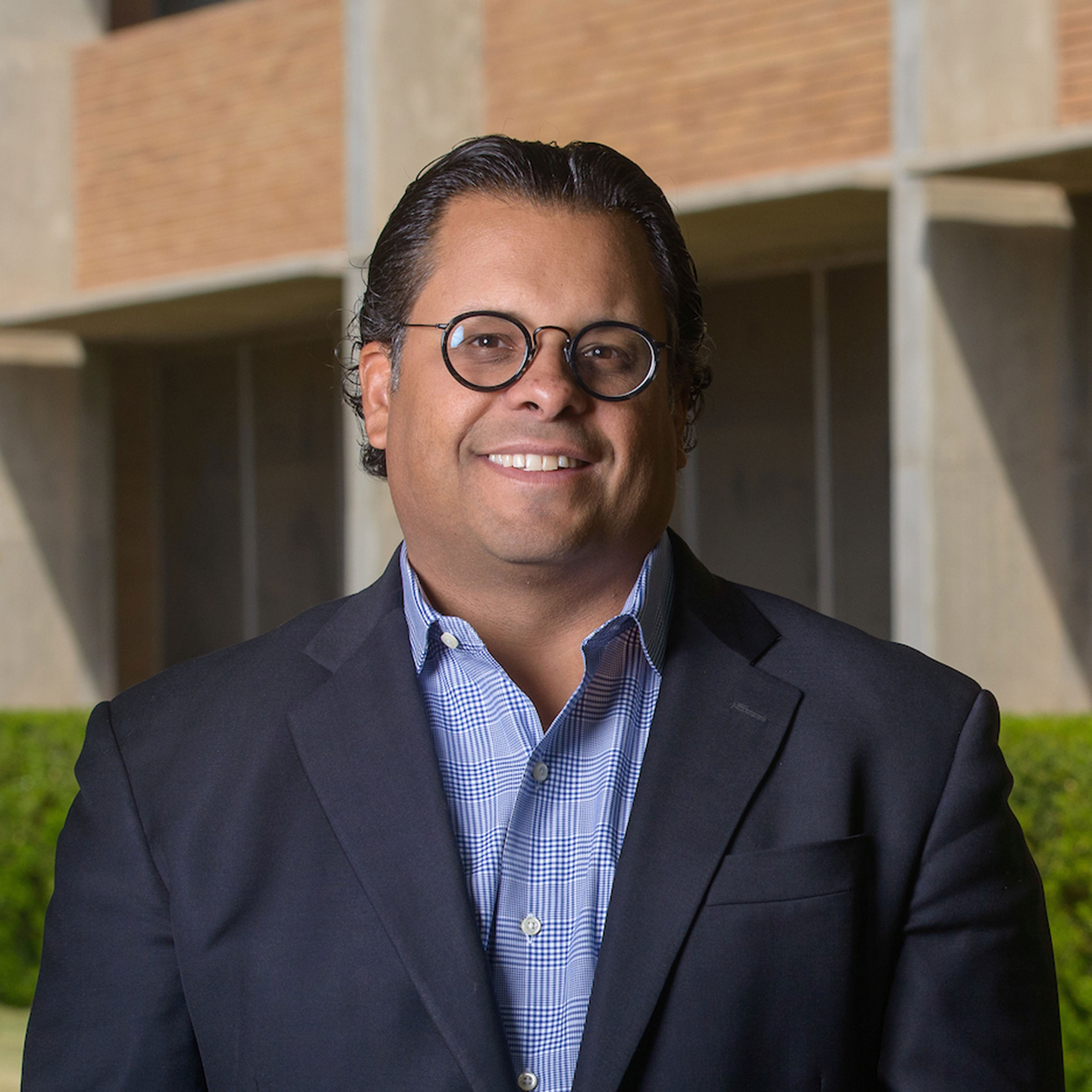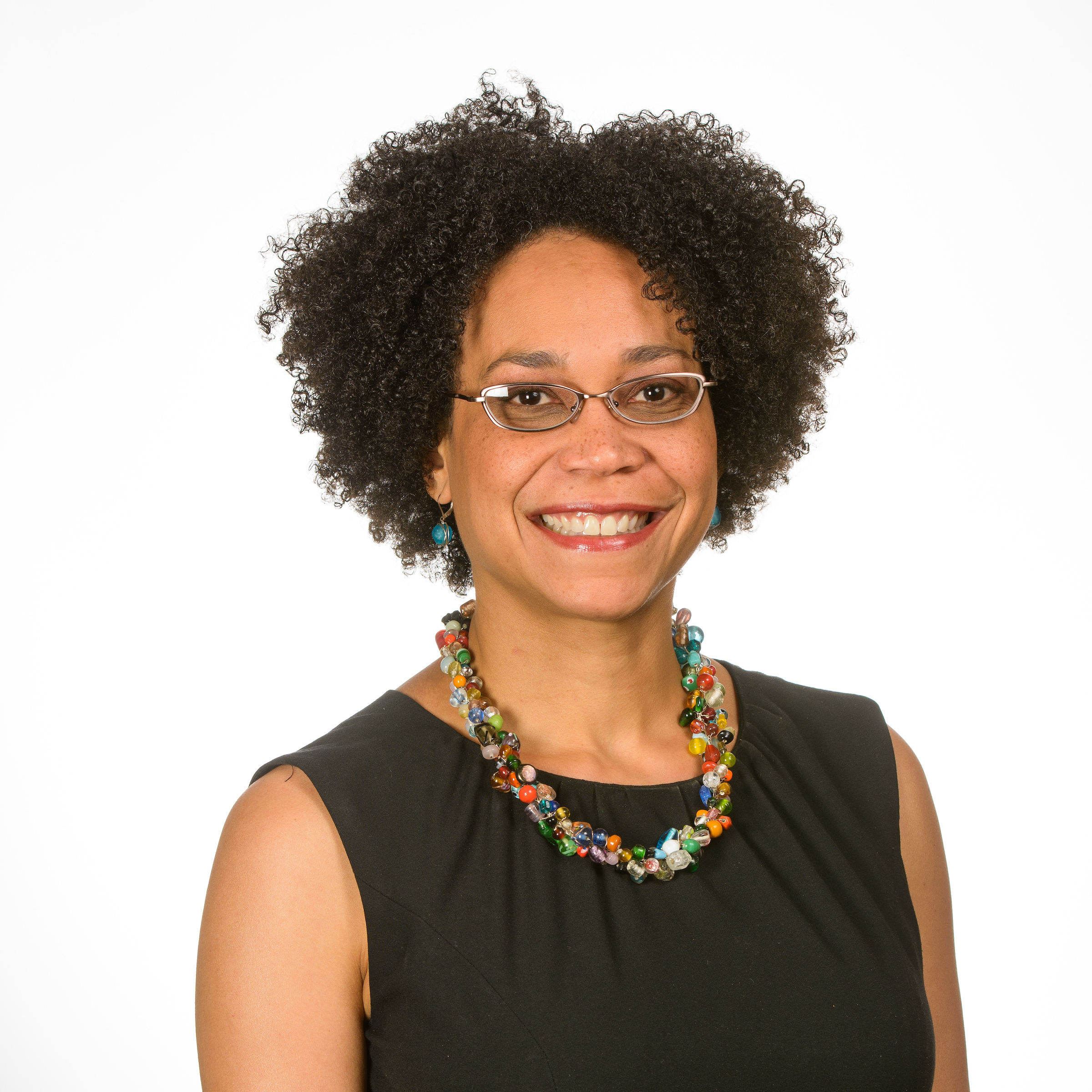It’s not every day one’s name is mentioned in the same breath as the name Rosa Parks. It’s also not every one who has the honor of sharing that space with the late civil rights icon.
Arizona State University has two names being added to that space.
Bryan Brayboy
Bryan Brayboy and Kenja Hassan are leading efforts to make connections and further understanding in the inclusive community that they are helping to build at ASU, and their work is being noticed.
The American Association for Access, Equity and Diversity have named Brayboy and Hassan recipients of the 2017 Rosa Parks Award. Joining a noteworthy list of past recipients that includes, among others, U.S. Rep. Sheila Jackson Lee, activist Ruby Bridges Hall and author-activist Tim Wise, the award recognizes those who have served as leaders and role models in their contributions to the betterment of society.
Kenja Hassan
Brayboy is the Borderlands Professor of Indigenous Education and Justice in the School of Social Transformation at ASU, where he currently serves as associate director. He also serves as special adviser to the president of ASU on American Indian affairs. Over the past 15 years, Brayboy and his team have created programs in Alaska, Arizona and Utah that have prepared more than 125 Indigenous teachers, most of whom are still teaching in Indian Country.
Hassan is the director of Cultural Relations and Special Projects at ASU. She works to forge relationships with diverse communities throughout the state of Arizona and serves as the liaison to the Asian-American, Pacific Islander and African-American communities. Hassan also launched the State of Black Arizona publication in 2008 and assists groups working on similar community/university collaborations.
The two recently sat down to discuss their achievements and the work that has led to their award recognition.
Video by Jamie Ell and Deanna Dent/ASU
Here are more excerpts from their converation.
Brayboy on how interdisciplinary learning and teaching has transformed him personally and professionally:
I think the transformative part of this in many ways is being able to show up ready to respond to whatever challenges are put in front of us. One of the things I love about ASU and the multiple jobs that I have is that I get to come to the table with responses from lots of different disciplines and ideas and those are all welcome. I really appreciate all of that.
Hassan on what she shares with the community in her outreach as director of Cultural Relations and Special Projects:
People often overlook the economic benefits an institution of higher learning like ASU can have on the local community. I like to share the message that the university goes beyond preparing students to thrive in the workforce; that the university enterprise lends to economic development on a bigger scale. The research that we do, the buildings that we build and the things we learn about improving processes actually help to make all of these systems outside of the university function better.
Brayboy on introducing tough conversations about social issues in the classroom:
One of the classes I teach is Introduction to Justice Studies. Part of what we do is look at current media — from Fox News to hip-hop music — and really try to present different sides to a particular issue. We encourage our students to listen to people with different viewpoints and engage them with questions instead of thinking about how to rebut them. It’s really about asking, “How do we have conversations about these things and walk away with a sense of respect?” I think that really drives the kinds of conversations we are trying to have.
Hassan on what motivates her work to bring communities together:
What motivates me honestly is that ASU is committed to supporting our communities and we have that written down in the university’s charter. ASU is really saying that it is in the service of the people of Arizona and of the world. I love being a part of that and helping the university fulfill that mission on a day-to-day basis by reminding people that institutions of higher learning are here for you and for the entire state.
Brayboy on receiving AAAED's Rosa Parks Award:
I am fundamentally grateful to have received this honor. I think having my name tied to Rosa Parks is an unbelievable honor and for me it is a call for commencement. My work doesn’t end with this but it really is a start to this. To think that some of the work that I am doing is transformative in some of those ways begins with a profound sense of responsibility to continue doing this work and to do it better.
It was an important moment when Rosa Parks said “enough” for us, and I often wonder what will our “enough” moments be and how can we prepare young people to continue those moments to say “enough, it’s time for a new chapter.”
Hassan on receiving AAAED's Rosa Parks Award:
An award like this to me is a constant reminder of what people in the generations ahead of me had to do in order for me to have a comfortable life. The day Rosa Parks refused to give up her seat on the bus for a white man and to set off that whole chain of events that followed, she was taking her life into her hands. That was no small choice to make. Therefore, I have to be cognizant every single day that this is a celebration that I can take the bus and live in places that my parents and great-grandparents could not live.
I think having an award named for someone so big in the civil rights movement means that I have to be a constant embodiment of that movement and celebrate what I have today. It is an overwhelming honor and a responsibility to carry forward that message.
AAAED’s Awards Luncheon
Brayboy and Hassan will receive their awards at AAAED’s Awards Luncheon on Thursday, June 8, at the Omni Scottsdale Resort & Spa at Montelucia in Scottsdale, Arizona.
The 2017 AAAED Awards honorees are:
- Drum Major for Justice Award: Dr. Shirley A. Jackson, president, Rensselaer Polytechnic Institute
- Arthur A. Fletcher Lifetime Achievement Award: Dr. Rufus Glasper, president and CEO of the League for Innovation in the Community College
- Cesar Estrada Chavez Award: Dr. Harvey Kesselman, president, Stockton University
- Rosa Parks Award: Dr. Bryan Brayboy and Kenja Hassan, Arizona State University
- Edward M. Kennedy Community Service Award: Navajo Nation Human Rights Commission and Alan "AP" Powell, chairman of the Checkered Flag Run Foundation
- Roosevelt Thomas Champion of Diversity Award: Oklahoma State University and the Arizona Diamondbacks
More Arts, humanities and education

ASU professor's project helps students learn complex topics
One of Arizona State University’s top professors is using her signature research project to improve how college students learn science, technology, engineering, math and medicine.Micki Chi, who is a…

Award-winning playwright shares her scriptwriting process with ASU students
Actions speak louder than words. That’s why award-winning playwright Y York is workshopping her latest play, "Becoming Awesome," with actors at Arizona State University this week. “I want…

Exceeding great expectations in downtown Mesa
Anyone visiting downtown Mesa over the past couple of years has a lot to rave about: The bevy of restaurants, unique local shops, entertainment venues and inviting spaces that beg for attention from…




